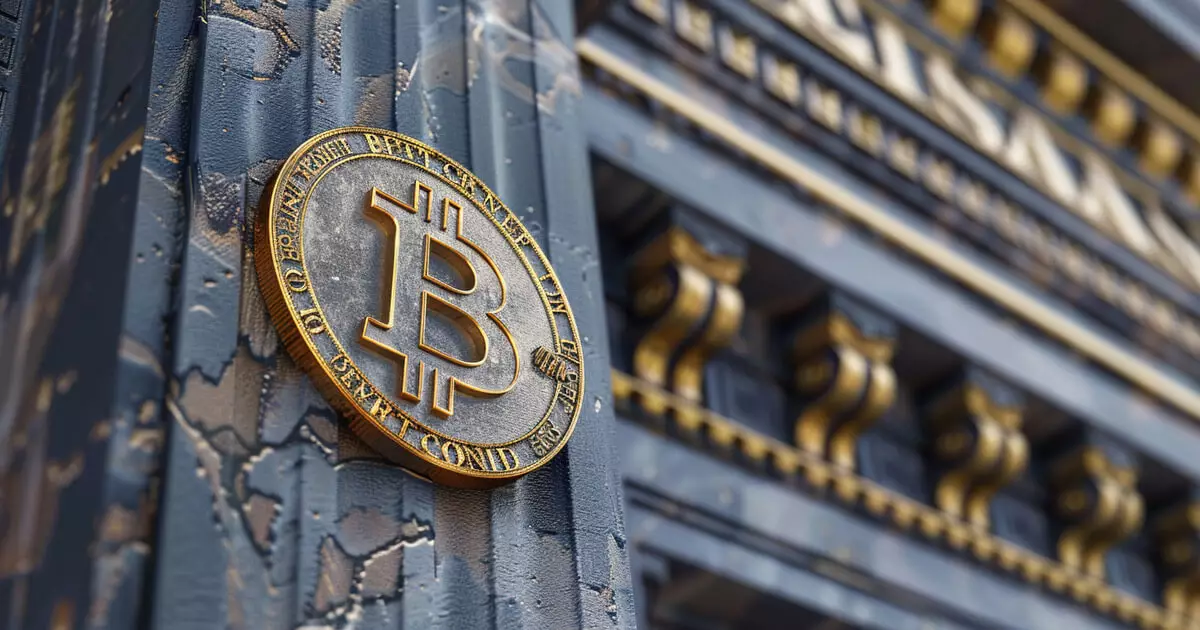Recent findings reveal that an overwhelming number of hedge funds operating in the cryptocurrency space encounter difficulties in securing banking services. According to a December report from The Wall Street Journal, approximately 120 out of 160 surveyed hedge funds—around 75%—faced significant obstacles, starkly contrasting with 20 alternative investment firms in other sectors that reported no such issues. This disproportionate struggle raises questions regarding the banking industry’s relationship with the burgeoning crypto market.
The survey conducted by the Alternative Investment Management Association (AIMA) indicated that communication issues with banking institutions are prevalent. Crypto hedge funds often experienced not just vague reasoning for their banking woes but outright termination of relationships without clear justification. Notably, over half of the affected funds were explicitly notified that their banking ties would be severed. Such abrupt actions without solid explanations leave these funds in a precarious position, forcing them to scramble for alternative banking partners, often within smaller or regional banks that may lack the robust infrastructure or reliability of more prominent financial institutions.
The Allegations of Operation Chokepoint 2.0
Adding a layer of complexity to this issue, prominent figures in the crypto arena point to what they term “Operation Chokepoint 2.0.” This alleged initiative purportedly aims to restrict the crypto sector’s access to banking services, a claim bolstered by statements from key industry leaders. Coinbase’s chief legal officer, Paul Grewal, has publicly disclosed letters from the Federal Deposit Insurance Corporation (FDIC) that suggest a concerted effort to limit crypto engagement by banks. Grewal’s claims follow a Freedom of Information Act (FOIA) request which unearthed these communications, strengthening the perception that regulatory bodies might be implementing tactics designed to stifle crypto growth.
Voices from within the industry support Grewal’s claims. Caitlin Long, CEO of Custodia Bank, expressed agreement, asserting that the letters validate concerns about systemic efforts to undermine the crypto sector. Similarly, Austin Campbell, head of WSPN, pointed to the AIMA survey results as further evidence that these challenges are not merely coincidental but indicative of broader systemic issues affecting cryptocurrency businesses in the United States.
The Road Ahead for Crypto Hedge Funds
As the regulatory landscape continues to evolve, crypto hedge funds may find themselves at a critical juncture. The reliance on smaller banks poses its own set of risks and uncertainties, potentially impacting the operational capabilities and growth potential of these funds. The discernible lack of larger institutional support calls for a reevaluation of strategies within the crypto finance sector, with a necessity for forging new relationships and pursuing regulatory clarity. As discussions surrounding Operation Chokepoint 2.0 intensify, both the crypto industry and its banking partners must consider a future where transparent communications and equitable access to financial services become paramount, ensuring that innovation is not stifled by a fragile banking environment.
















Leave a Reply